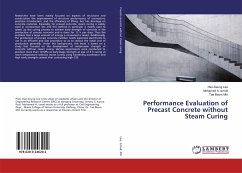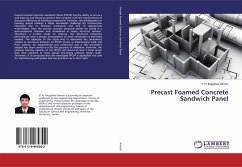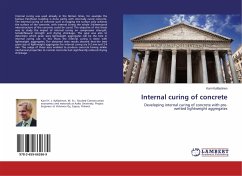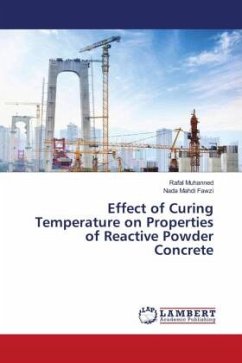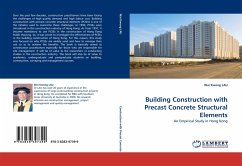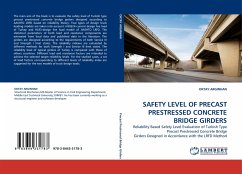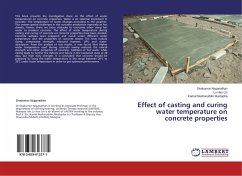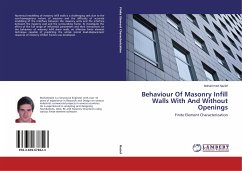Researches have been mainly focused on aspects of structures and construction like improvement of structure performance of connectors, prestress introduction, and the efficiency of lifting, but has shortage on concrete materials. Especially, for precast concrete, steam curing is widely used in construction site and this method in particular is mainly used to speed up the curing process to achieve early strength of concrete in the production of precast concrete and is done for 12 h per days. Thus the problem that a large amount of energy is consumed is raised. Additionally, the production of precast concrete member needs expensive steel forms to use in an efficient and fast procedure so as to reduce the initial cost of production generally. Under this background, this book is based on a study that focused on the development of compressive strength of concrete without steam curing. Various experiments were conducted to produce more than 10 MPa as early-stage strength at age of 6 h curing at room temperature without steam curing using hardening accelerator and high early strength cement that containing high C3S.

